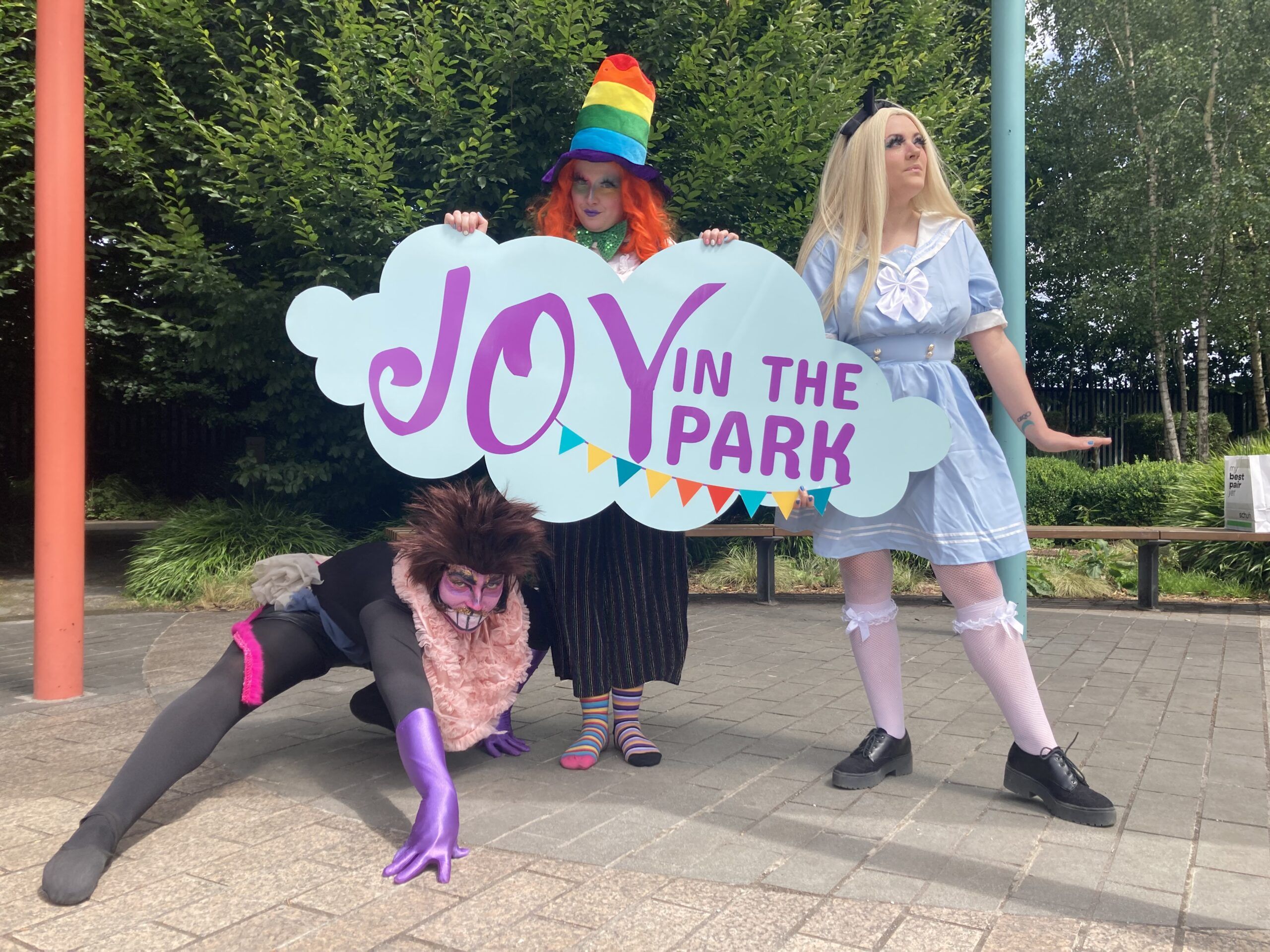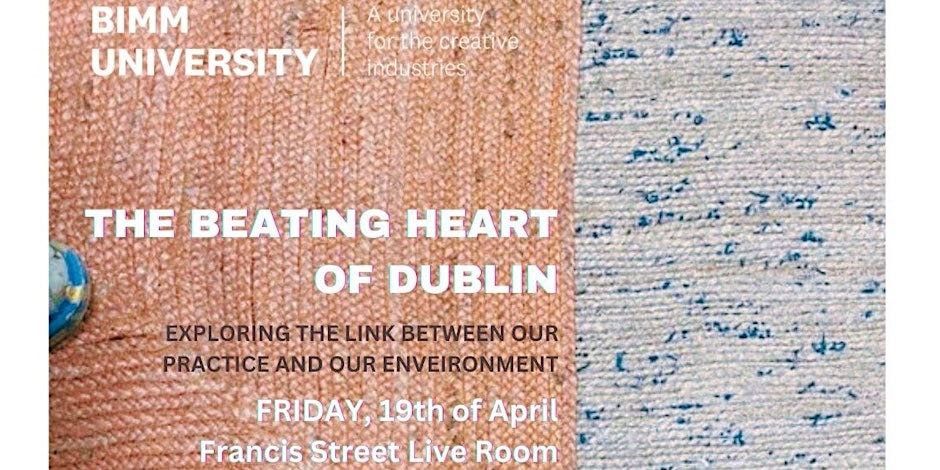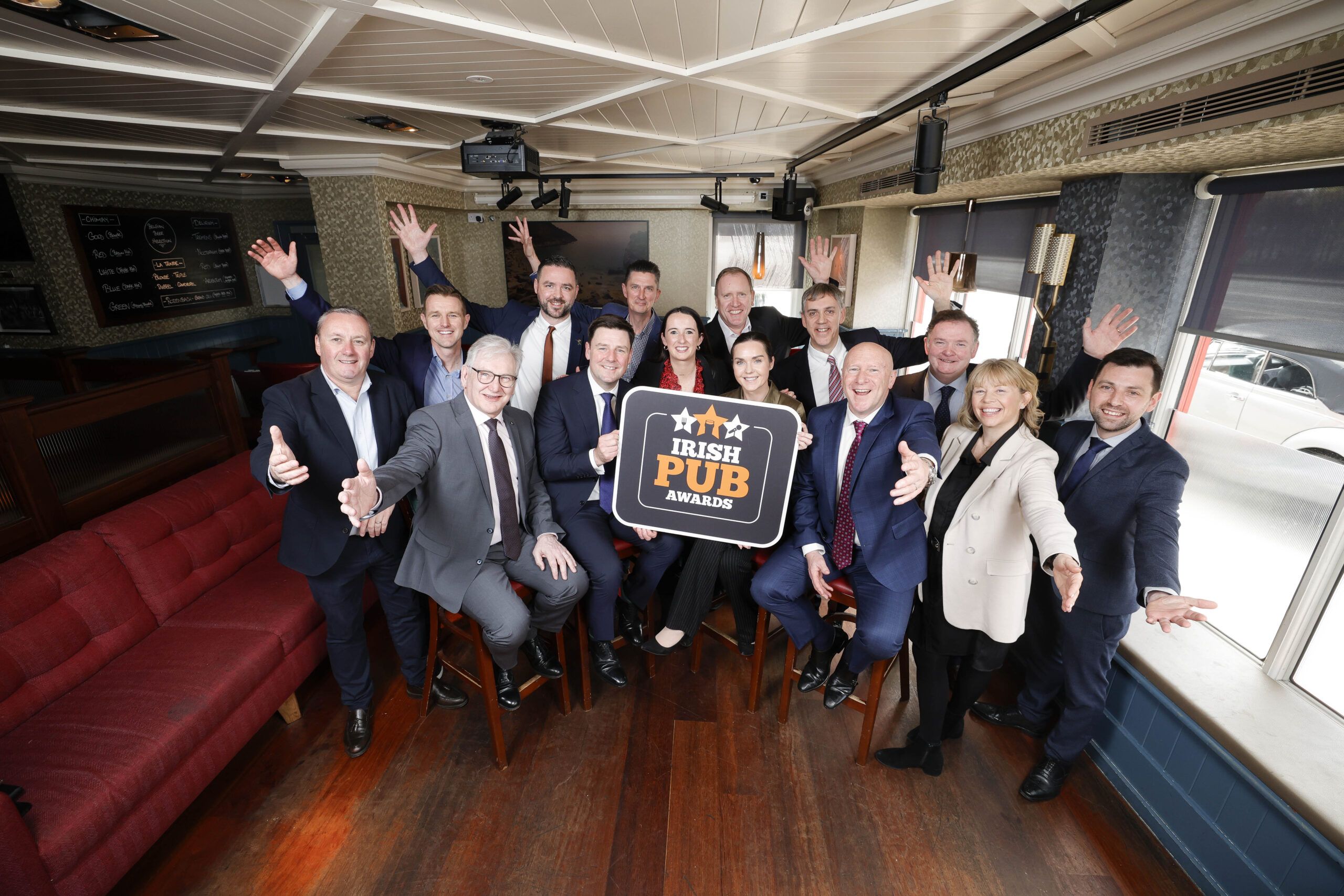Arts and Culture Recovery Taskforce Report Provides Roadmap for Creative Sector Recovery

IMRO welcomes the publication of “LIFE WORTH LIVING”, a report by the Arts and Culture Recovery Taskforce which was brought to Cabinet this morning by Catherine Martin T.D. – Minister for Media, Tourism, Arts, Culture, Sport and the Gaeltacht.
The Taskforce which was formed in September, is Chaired by IMRO board member Clare Duignan and also includes IMRO Chairperson Eleanor McEvoy, has warned that there is real risk that Ireland will emerge from COVID-19 to find its arts, culture and events sectors decimated, with some venues closed for good, many businesses folded, large numbers of skilled and talented performers and workers gone to other careers, and much of the experience and creativity of the sectors gone unless decisive action is taken by government to support the long-term recovery of the creative sector.
Among the measures recommended by the Taskforce include a three-year pilot programme of a “universal basic income” (UBI) for the creative community in Ireland. It is envisaged that such a scheme could involve an unconditional state payment paid at the level of National Minimum wage (€10.20 per hour from January 2021). This payment would be in lieu of an alternative primary weekly social welfare payment. All other income would then be earned separately and subject to taxation at the marginal rate. Secondary social welfare payments currently held on the basis of needs, e.g. rent supplement, or non-weekly payments (such as child benefit or domiciliary care allowance) would also be retained. It is also recommended that the scheme should be suitable for both employed and self-employed workers in the sector.
Speaking at the launch of the Report at Government Buildings this afternoon Catherine Martin T.D. – Minister for Media, Tourism, Arts, Culture, Sport and the Gaeltacht said, “I very much welcome the report “LIFE WORTH LIVING” submitted by the Arts and Culture Recovery Taskforce and thank each and every member of the Taskforce for their time, expertise and commitment in this hugely difficult time. I met with the Taskforce at the start of its work and was struck both by the members’ dedication and also the seriousness of the situation facing the Arts and Culture sector.”
“The Taskforce has produced a set of recommendations on how best the arts and culture sector can adapt and recover from the unprecedented damage arising from the COVID-19 pandemic. The sector includes the arts, culture, the audio-visual industry, live entertainment and the events industry.”
“As I have stressed on numerous occasions, the Arts and Culture sector was the first to shut and will in many cases be the last to re-open. This report will be hugely beneficial to me and to my colleagues in Government as we examine ways to help the Arts and Culture sector emerge from the very difficult position in which it finds itself. I note in particular the Taskforce’s assessment of the impact of the COVID-19 pandemic on both existing livelihoods within the sector but also people’s future prospects, not just financially but in areas such as wellbeing and maintaining existing skill sets. I am under no illusions about the scale of the challenge and the many competing priorities facing Government. Nonetheless, I am delighted that as a Government we have been able so far to respond to date on many of the issues highlighted within this report. We can always strive to do better and that is what I aim to do.”
Clare Duignan, Chairperson of the Arts and Culture Recovery Taskforce, added: “I am delighted that the Arts and Culture Recovery Taskforce has completed our work and submitted the report “LIFE WORTH LIVING” to the Minister. I must give a huge thanks and praise to my colleagues on the Taskforce. They have committed so much time and energy in helping to craft and shape the report that is now available for all to read. I would also like to thank all those who made submissions during the consultation stage ensuring that this report is a fact driven, balanced document.
“As I say in the report; almost all activity has stopped in the Arts and Culture sector. The survival, recovery and sustainability of this sector is dependent on economic policy and decision-making in the short and long-term. I strongly believe that this report gives the Government the information required to help the sector by ensuring its recovery, building on its resilience and strengthening it for the future.”
Eleanor McEvoy, Chairperson of IMRO said “Every sector of the arts has come together for this Taskforce and we have united behind the recommendations in this report at this unprecedented time in the lives of Ireland’s creative community. Our focus has been to find a way for artists to recover from this crisis and to get the livelihoods of people right across the fields of art, music, audio visual and live entertainment up and running again. These recommendations are absolutely essential for our artists and for those who work behind the scenes, to survive and thrive into the future.”
Victor Finn, IMRO Chief Executive added, “The Taskforce has accurately assessed the devastating impact on all individuals working in the creative and performing arts. Sustaining careers in the industry is the key priority over the next eighteen months. The recommendations can provide a lifeline to artistic careers, providing a realistic platform to re-generate their creative livelihoods. Full implementation is vital to allow us all to fully experience again the wealth of talent within Ireland .”
Other financial supports are also recommended, including amendments to the Tax Code, supports for the Arts Budgets of Local Authorities, the immediate transposition into Irish law of the European Union (EU) Directive on Copyright in the Digital Single Market, and particular supports for Live Event Small and Medium Enterprises (SME’s) currently excluded from the Covid Restrictions Support Scheme operated by the Department of Business, Enterprise, Trade and Employment.
Summary of Report Recommendations
| Issue | Recommendation |
| Protecting Livelihoods and Careers: Measures taken to supress Covid-19 have effectively shut down much of the creative sector. Limitations on indoor and outdoor events, social distancing and travel restrictions have had a severe impact on the arts, culture, live entertainment and events, with grave consequences for those working in these sectors and for the public who enjoy and support that work. | Pilot a universal basic income scheme for a three-year period in the arts, culture, audio visual and live performance and events sectors. |
| Mitigating Income Loss: There are significant income challenges facing people who work in the arts, culture, live entertainment and events sector. For many businesses and workers in this sector, economic precariousness is an endemic issue, but it has been considerably exacerbated by the COVID-19 pandemic. | Establish a new VAT Compensation Scheme for artists and for freelance arts, live entertainment and events workers and companies. |
| Ensuring Fair Pay for the Makers of Creative Content: The prolonged cessation of all live cultural presentation and entertainment has led to significant growth in the generation and consumption of on-line creative content. An increased presence in the digital space should bring artists and creatives greater opportunity to earn income via copyright at a time when normal sources of income have dried up. | Transpose the EU Directive on Copyright in the Digital Single Market into Irish Law without adjustment or dilution of the intention of the directive as it relates to rightsholders. |
| Securing the Viability of the Live Events Industry: The Events sector – comprising multiple successful and fundamentally viable SMEs – has been completely shut down by COVID-19. Across the country, indoors and out, in all seasons and weathers, and from small-size to international-scale, it produces and presents exhibitions, trade shows, sporting and cultural occasions, conferences, festivals, promotions and a myriad of events. | Introduce a Business Supports Grant Scheme for SMEs in the events industry that are excluded from the COVID-19 restrictions support scheme (CRSS). |
| Sustaining Local Authority Capacity to Support Arts, Culture, Live Entertainment and Events: For more than forty years local authorities have supported the arts in all parts of Ireland. Through capital investment, designated staff, and annual programme budgets, local government has become central to provision countrywide of venues, festivals, events, public art, artists’ studios, programmes for young people, socially engaged arts practice, bursaries, commissions, exhibitions and collections. This provision complements local authority library services and heritage programmes. | Government should commit to continue its provision of financial support to local authorities to offset any loss of income they experience in 2021 so as to enable them to maintain their investment in arts, culture and events at 2020 levels. |
| Ensuring the Wellbeing of Ireland’s Creative and Cultural Community: The Government’s Resilience and Recovery 2020 – 2021 Plan for Living with COVID-19 states that the pandemic and its consequences have created significant challenges for everyone, generating an ongoing level of stress and worry. The Plan places a focus on supporting physical and mental wellbeing which aligns closely with other Government priorities such as the recently launched Keep Well campaign which places emphasis on empowering people and communities to keep physically and mentally well. | Establish a programme that provides wellbeing supports to the creative sector. Allocate funding in 2021 for the provision of wellbeing supports to artists, creative practitioners and event workers, addressing their common and distinctive needs. |
| Building sectoral capacity through upskilling and professional development: The immediate effect of COVID-19 on the sectors has been devastating. First to shut and last to open is the common mantra. The challenge now is to ensure that impact is neither long-term nor defining. Measures taken already and further ones recommended in this report will aid survival. But survival must grow into recovery and that recovery must be sustained. Central to realising that objective is the provision of support to the sector’s large workforce with its wide range of skills and unique experience. | Establish a capacity building and upskilling scheme for artists and creative workers aimed at recovery and renewal through professional development. |
| Making Space for Arts & Live Entertainment to Contribute to National Recovery: Arts and live entertainment events of all kinds are critical to Ireland’s recovery from COVID-19 and its many negative consequences for the fabric of our lives as individuals, families, communities. As a people, we have an inherent love of socialisation in cultural settings, formal and informal. | The treatment of cultural activities and venues under the various levels of the Resilience and Recovery 2020- 2021 Plan for Living With COVID-19 requires urgent review to better reflect actual circumstances and the particular behaviours of artists, audiences and venue staffs in this area of Irish life. |
| Providing more Outdoor Public Spaces for Cultural Events: Outdoor public spaces – in both the built and natural environment – are especially conducive to realising the Government’s ambition to make the arts more accessible and inclusive to everyone. | Establish ‘Re-imagining our Public Spaces’: a capital improvement programme. |
| Addressing the Environmental Impact of Arts, Cultural and Event Activities: Climate disruption is already having multiple and wide-ranging impacts on Ireland’s environment, natural resources, economy and society. Radical transformation is required to address the consequences of these impacts. The new National Economic Plan has sustainability at its core, and commits to Ireland’s transition to a low carbon economy. | Establish and fund a Creative Green Programme. |
Latest News
Music Creators
- Affinity Schemes
- Join IMRO
- Benefits of IMRO Membership
- IMRO Mobile App
- Members’ Handbook
- About Copyright
- Royalty Distribution Schedule
- IMRO Distribution Policies
- Competitions & Opportunities
- Travel Grant Form
- Irish Radio & Useful Contacts
- Other Music Bodies in Ireland
- Affinity Schemes
- Music Creator FAQs
- International Partners
- International Touring Guide
Music Users
- Do I Need a Licence?
- Sign Up for a Music Licence
- Pay Your Licence Online
- IMRO and PPI Tariffs
- Dual Music Licence Explained
- Music Licences for Businesses
- Music Licences for Live Events
- Music Licences for Broadcast & Online
- Music licences for Recorded Media
- Music Services B2B
- Music User FAQs
- What’s Your Soundtrack Campaign
- Terms & Conditions for IMRO Events Voucher Competition
- Cookie Policy
- Privacy Statement
- Disclaimer
- www.imro.ie
- Terms & Conditions
- © IMRO 2024
- Registered Number: 133321
Please select login
For Songwriters & Publishers
For Business Owners






